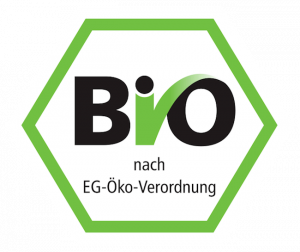Glossary, Green - Natural - Safe
Glossary - What does "organic" mean?

Oct
Organic is in. Everything is green, bio, organic, natural - but what exactly does "organic" actually mean?
Organic products are without the use of pharmaceuticals, hormones and synthetic chemicals produced or cultivated organically. If a product contains organic ingredients, they have been grown and processed according to the principles of organic farming.
The problem is that there is no generally applicable standard for what can be labelled as organic. So there are No standardised definition of the word "biological". So if a product is labelled "organic", it does not necessarily have the same quality in terms of organic cultivation and processing as another product that is also sold as organic. Organic labels that define their own standards can help here, and a product certified according to a certain label must then meet this standard (which is easy to find out). When it comes to skin care, you can trust the test certificates NaTrue and demeter trust. There is EU certification for foodstuffs and there are also Swiss labels such as BioSuisse.

It is also important to know that an organic product not necessarily from 100% organically produced ingredients must pass. Each test seal characterises a different percentage of organic ingredients as sufficient to certify the end product as organic. Unfortunately, the packaging may then say "100% organic" - even if the actual organic content of the end product is lower.
Another factor is WaterSince water is a natural substance, some producers add more water to their products than necessary in order to achieve an overall higher percentage of organic ingredients and to be certified as organic. For this reason, NaTrue, for example, does not include water in the percentage of natural substances.
Our recommendation: Learn to read and understand ingredients! It's fun and builds trust.